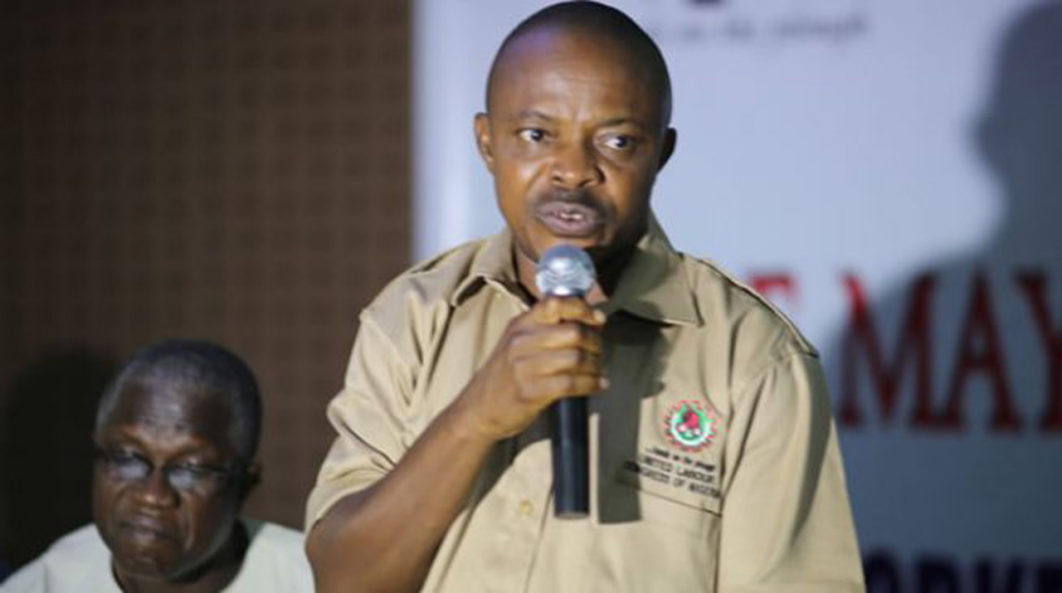
Mr. Joe Ajaero, President of the Nigeria Labour Congress (NLC), revealed the agreement reached between organized labour and President Bola Tinubu before accepting the N70,000 minimum wage during the national wage discussions held at the Presidential Villa in Abuja.
During an interview on Arise Television’s Morning Show, Ajaero explained that while negotiating for a new minimum wage, the labour union rejected an increase in fuel prices and instead agreed to the N70,000 figure.
Ajaero also mentioned that after reaching an agreement with President Tinubu on using Compressed Natural Gas (CNG) as an alternative to petrol, the NLC negotiated with a team of experts who agreed to convert vehicles to CNG for N300,000. However, the government team later rejected this arrangement, announcing that the conversion would instead cost N800,000.
The organized labour, including the NLC and the Trade Union Congress (TUC), initially demanded N250,000 as the new minimum wage but eventually accepted the president’s offer of N70,000. When asked if President Tinubu had betrayed the NLC by raising fuel prices despite their understanding, Ajaero detailed the discussions that had taken place. He recalled that while deliberating, the president indicated that the subsidy removal justified further fuel price hikes.
Tinubu suggested that if the labour unions agreed to a fuel price increase, the minimum wage would be raised to N250,000; otherwise, they would settle for N62,000. Labour, however, insisted they were only there to negotiate the minimum wage, not fuel prices, leading to the eventual acceptance of N70,000.
In a subsequent interview with Saturday Vanguard, Ajaero emphasized that the labour’s acceptance of the N70,000 minimum wage was predicated on the president not increasing fuel prices. With the recent price hike, he highlighted the need for further discussion, particularly given its impact on transportation costs and the overall burden on workers and the public. He criticized the government for not consulting its social partners before making such decisions, adding that the increase was detrimental to both workers and the economy.
Ajaero concluded that the price hike had worsened Nigerians’ hardships, urging the president to reverse it. He reiterated that governance should focus on improving the people’s welfare, rather than continuous increases in tariffs, fuel prices, and taxes, which further strain the populace.
Rice, a staple for Christmas celebrations in Nigeria, has become a luxury this year. Soaring…
Panic erupted on Saturday at a concert in Lagos when the stage collapsed during Odumodublvck’s…
The Federal Government of Nigeria has allocated ₦6,364,181,224 billion for the refurbishment and rehabilitation of…
The black market dollar to naira exchange rate for today, 22nd December 2024, can be…
The Nigerian National Petroleum Company Limited (NNPCL) has refuted claims that the 60,000 barrels per…
Manchester City finds itself in unprecedented turmoil, with relegation-level form showing little sign of improvement.…